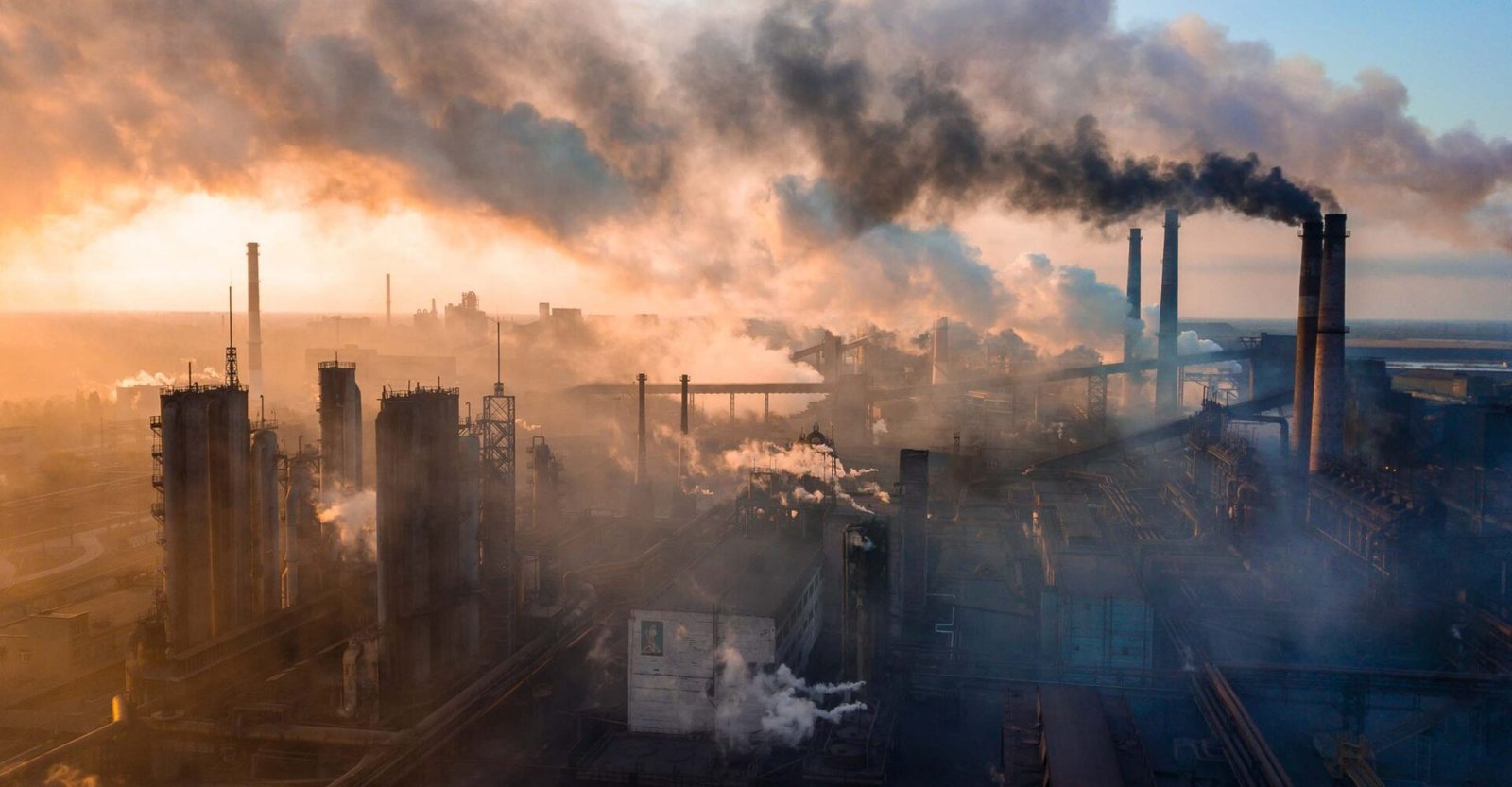NAIROBI, Kenya — According to data from the Swiss air quality monitoring firm IQAir, Nairobi has been ranked as Africa’s third-most polluted major city. The report, released on Tuesday, highlights growing concerns about urban air quality and its potential impact on public health and policy.
Nairobi holds the 83rd position in the global ranking with an Air Quality Index (AQI) reading of 92, placing it firmly in the ‘moderate’ category. This reading is notably higher than the World Health Organization’s (WHO) annual guideline of 5 µg/m³ for PM2.5.
The IQAir ranking classifies an AQI of 0-50 as ‘good,’ 51-100 as ‘moderate,’ 101-150 as ‘unhealthy for sensitive groups,’ and 151-200 as ‘unhealthy.’ Readings above 201 are considered ‘very unhealthy,’ and anything over 301 is deemed ‘hazardous.’
Within Africa, Kinshasa is ranked as the most polluted city with an AQI of 199, followed by Cairo and Kampala. In contrast, Johannesburg leads the continent’s air quality index with an AQI of 62, followed by Dakar and Accra.
Globally, Baghdad, Iraq, has the most polluted air with an AQI of 256. Conversely, cities with the best air quality include Sydney, Australia (AQI 7); Auckland, New Zealand (AQI 11); Detroit, U.S. (AQI 13); Washington D.C., U.S. (AQI 15); and Canberra, Australia (AQI 16).
Health concerns
IQAir identifies PM2.5, which is particulate matter 2.5 micrometers or less in diameter, as the dominant pollutant type in Nairobi. A report from the firm notes, “In 2020, the average PM2.5 concentration in Nairobi was 14.7 µg/m3, which is about 1.5 times the recommended annual PM2.5 threshold concentration of the World Health Organization (WHO).”
Also Read: KeNHA revokes Nairobi–Mombasa Expressway project after failing to meet PPP criteria
Although Nairobi’s air quality is rated as ‘moderate,’ health experts are sounding the alarm, warning that continuous exposure to poor air is contributing to a rise in respiratory illnesses such as asthma. It also increases the risk of heart disease, lung and throat cancer, miscarriages, and birth defects.
The report emphasizes that fine particulate matter is particularly dangerous because of its ability to enter the bloodstream and cause damage to vital organs like the liver, kidneys, and reproductive system.
The report cites several primary drivers of air pollution in the capital, including the large number of older vehicles that produce high levels of emissions, factory pollutants, construction sites, road repairs, and the practice of open burning.
The most significant particulate pollution hotspots identified in the capital are near Dandora Phase 4 (AQI 112) and the Kariobangi North Health Center (AQI 90).

